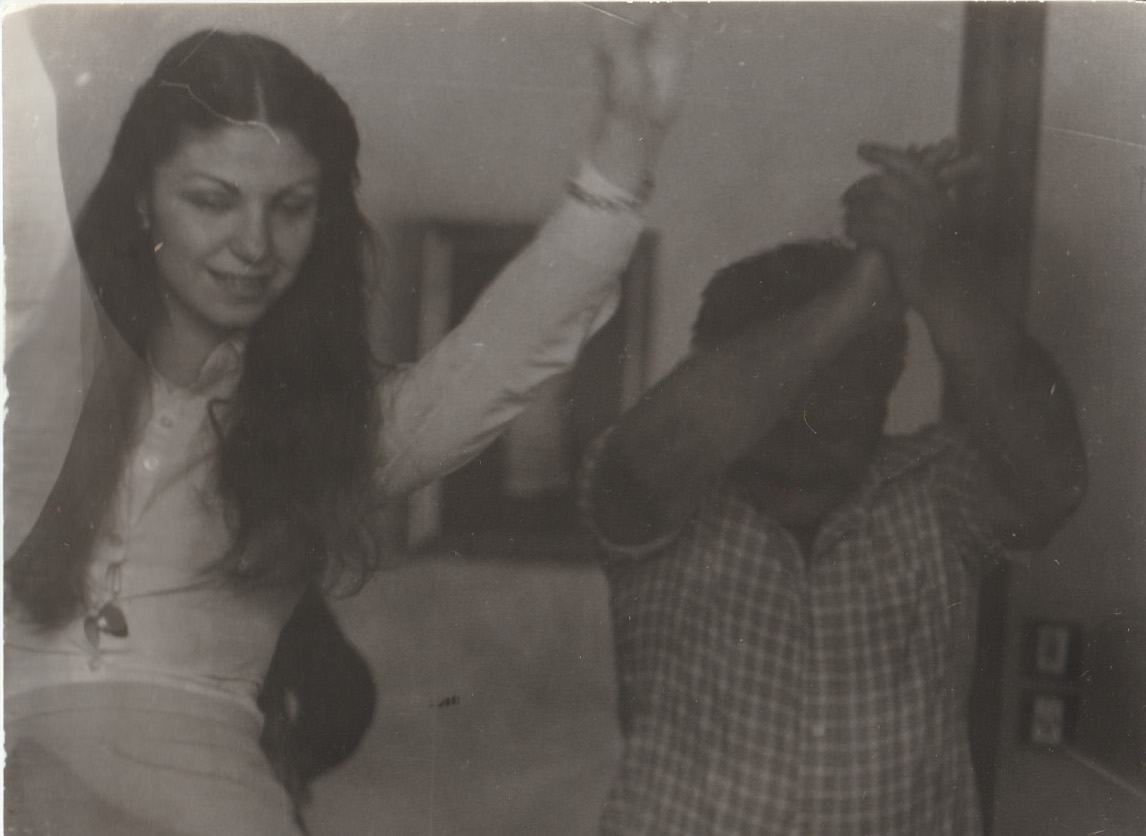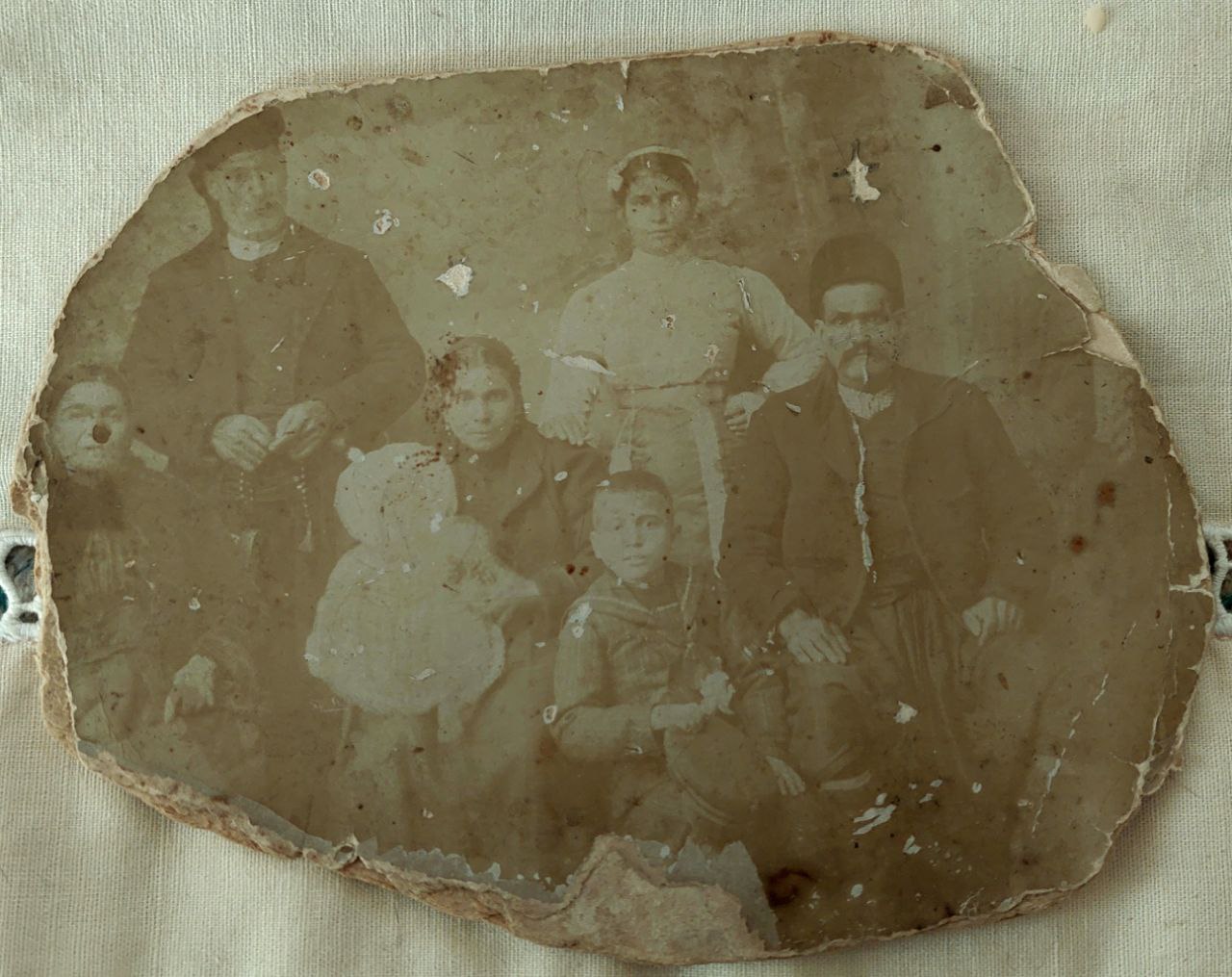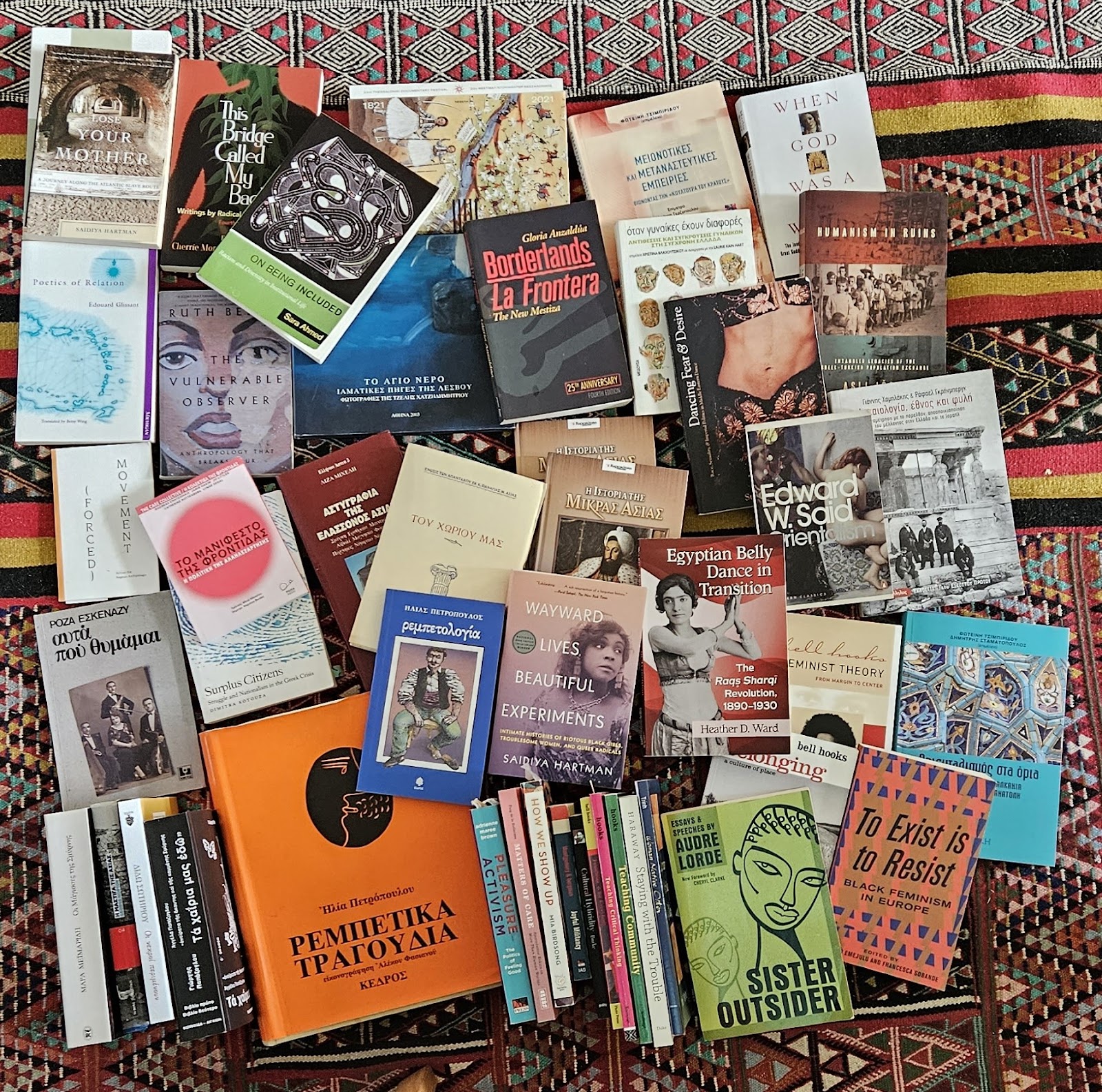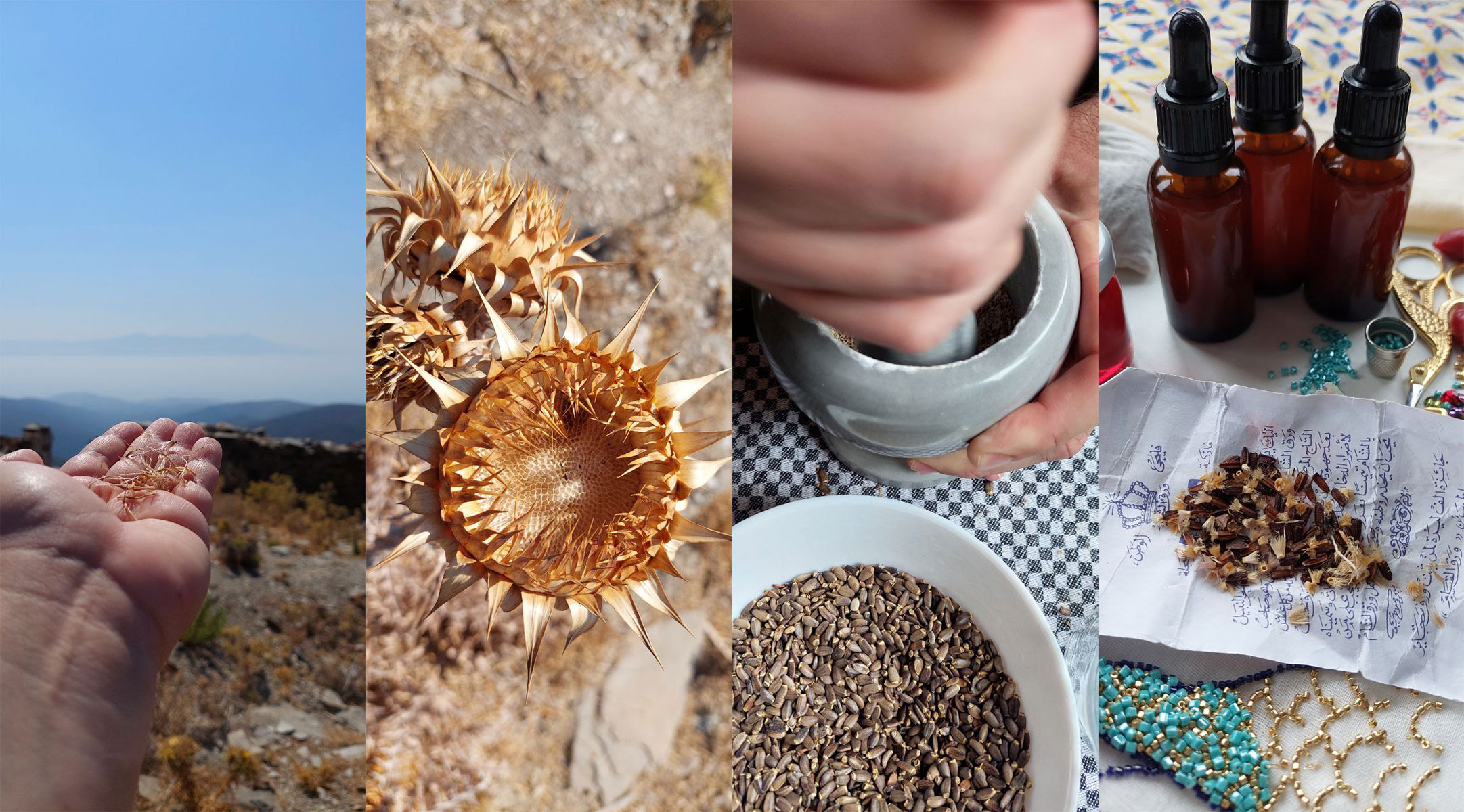Looking through the belly buttons of the fxmme cross-cultural migrations of Athens.
An embodied research on the cross-cultural practice of Çiftetelli (Greco-Turkish belly dance) as a tool for collective healing, feminist place-making and queer joy.
Çiftetelli was first recorded in mainland Greece with the arrival of migrants from Anatolia, after the 1923 greco-turkish population exchange. The project aims to bring together old and new migrants from the SWANA and Balkan regions and its diasporas, to transmit stories, rhythms and dance moves.
The project travels to different places to unfold the contemporary local dance’s hybrid form: the city’s Çiftetellisi.
For the Athenian version, Elli and the Yellow Brick studio, set up a space in Nea Ionia, interacting with the neighbourhood of old minor Asian migrants and hosting 5 study circles on The Athenian Çiftetellisi and the people who practice and still develop it.
Coming dates: 22, 29 March, 5,11,12 April
Çıftetelli belongs to the traditions of MENAHT dances (Middle East, North Africa, Hellenic, Turkish). It carries memories of the Ottoman times and can become a tool for emancipating non-eurocentric multicultural subjectivities. It is not considered a folk dance, and it has been silenced as hyper-feminine and unfitting to the national narratives of Greekness and other national constructs of the East Mediterranean. It brings ambiguous connotations seen by an orientalist gaze, but incorporates a rare potential for social, cultural and sexual resistance.
The focus on dance allows the work to touch on the trauma of cultural and physical displacement stored in the body of the communities, as well as finding joy, kinesthetic pleasure, empathy and common histories through a ‘body topography’, where the body is a topos, including historical layers of sensations and temporality. The research goal is to use movement as social text to produce counter-narratives, new subjectivities and traditions, where the collectively owned embodied culture transcends imposed constructions of gender, sexuality, racial, ethnic, national identity, class, age and ability.
Images:
- Çiftetelli research, family archive of the artist, b&w photography, photographer Stelios Vassalos, Athens, Greece, 1977.
- Çiftetelli research, family archive of the artist, Daguerreotype, photographer unknown, Kato Panagia (today Çiftlik Koyu, Türkiye ), Ottoman Empire, late 19th century.
- Çiftetelli research, ERT archive, video still from an interview of Roza Eskenazi, Athens 1975.
- Çiftetelli research, bibliography, Elli Vassalou, Brussels 2024.
- Metaspora research: tourkospori, digital images, photographer Elli Vassalou, Sozaki, Türkiye & Zarlandinge, Belgium 2022.




